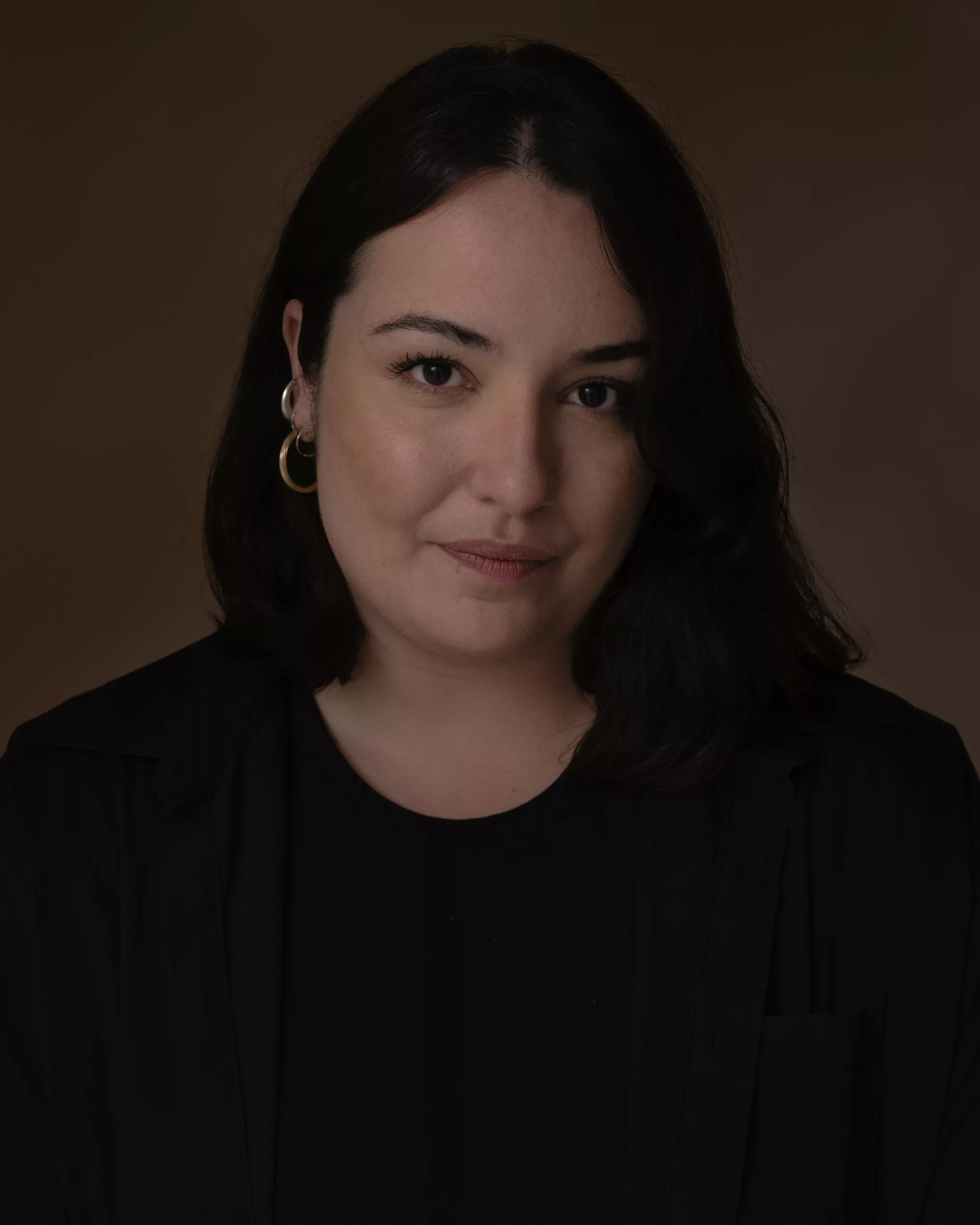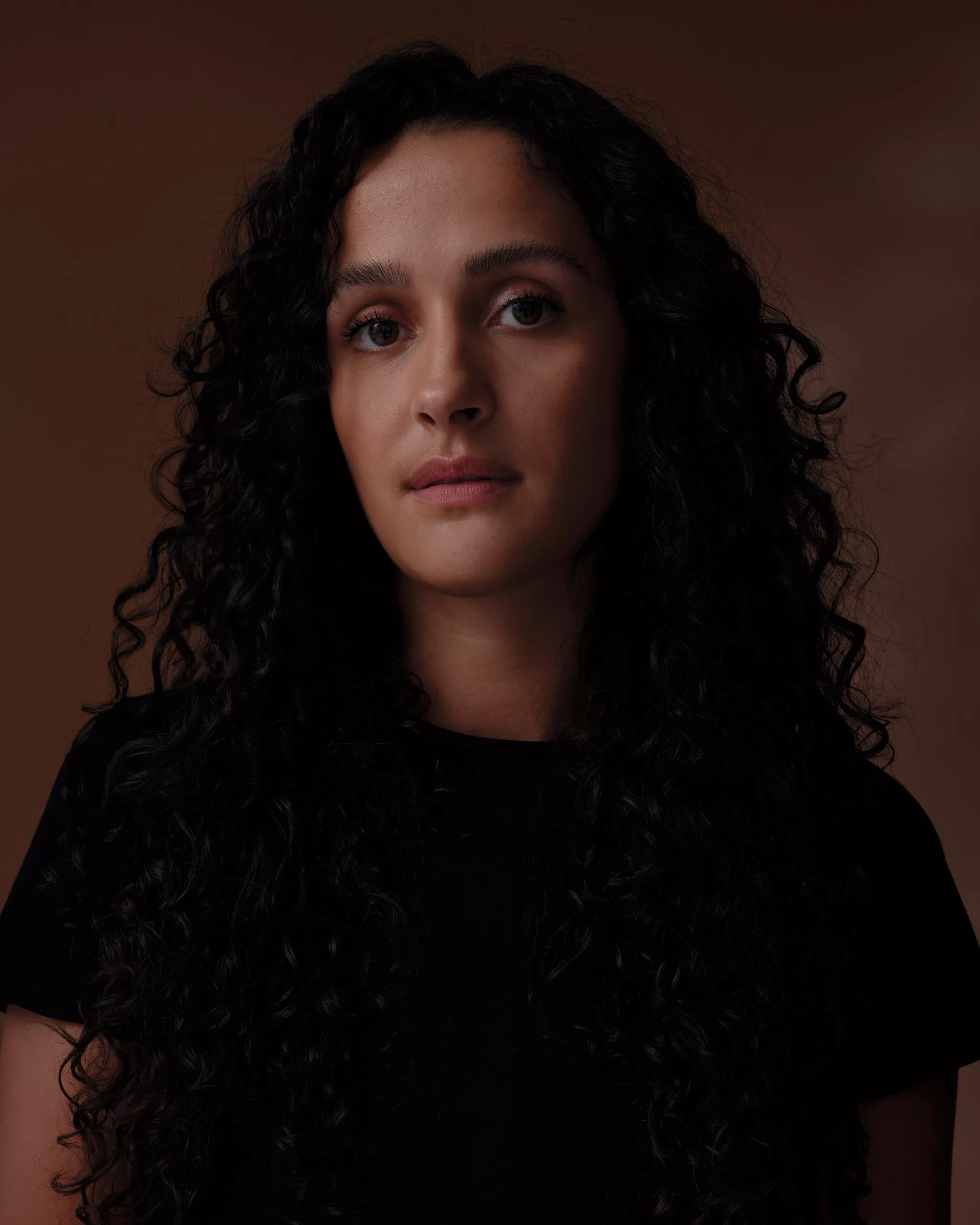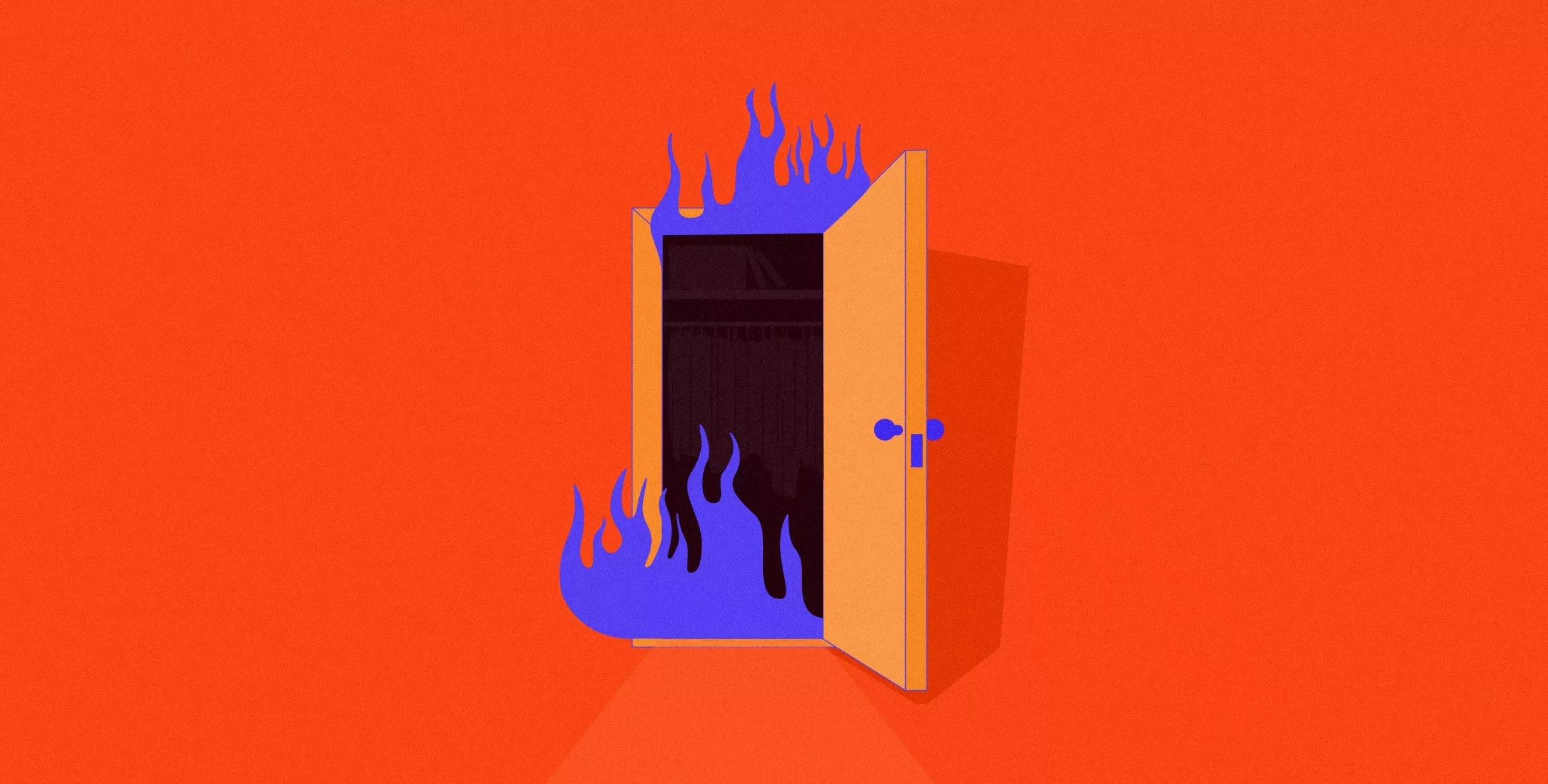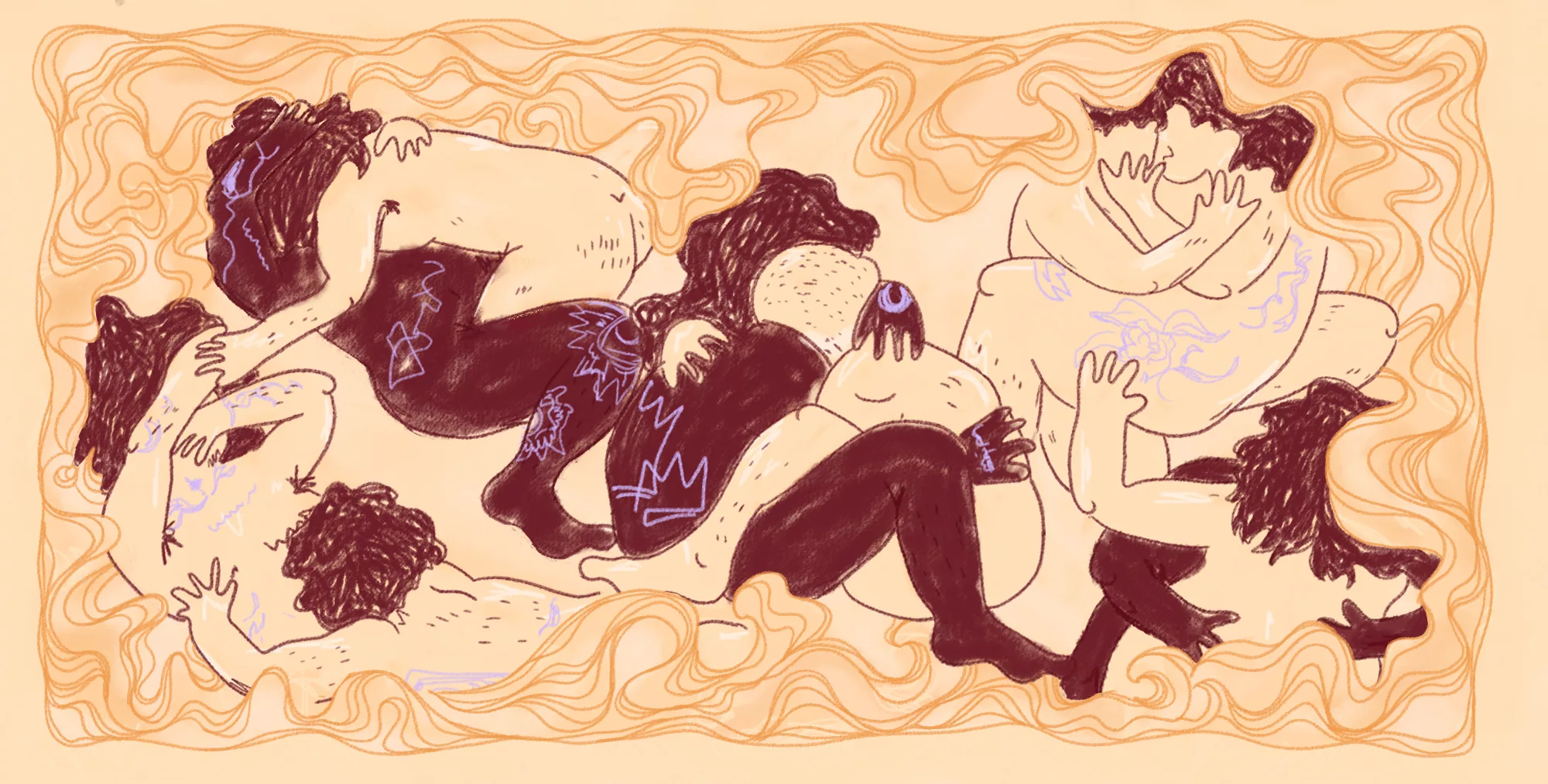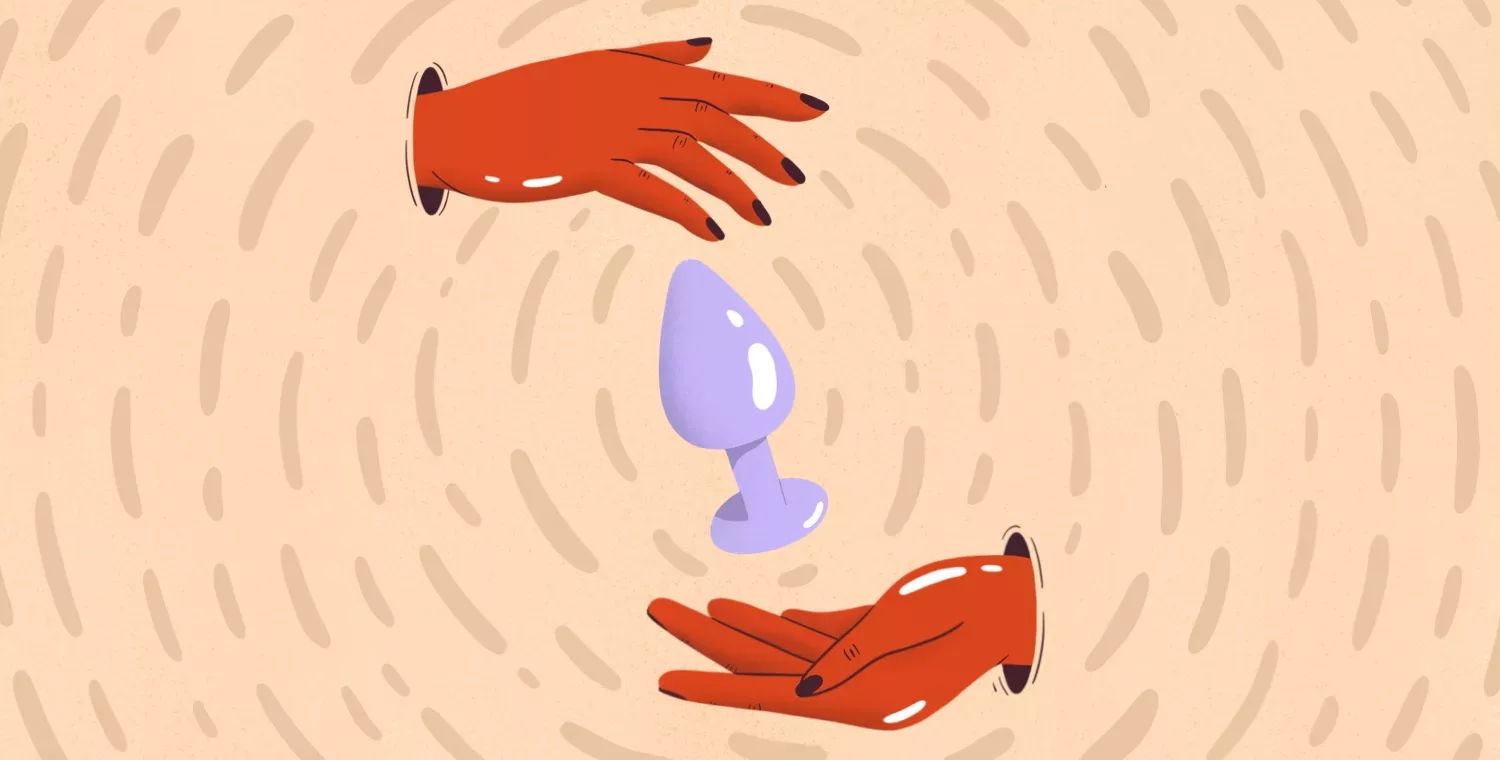Your cart is currently empty!
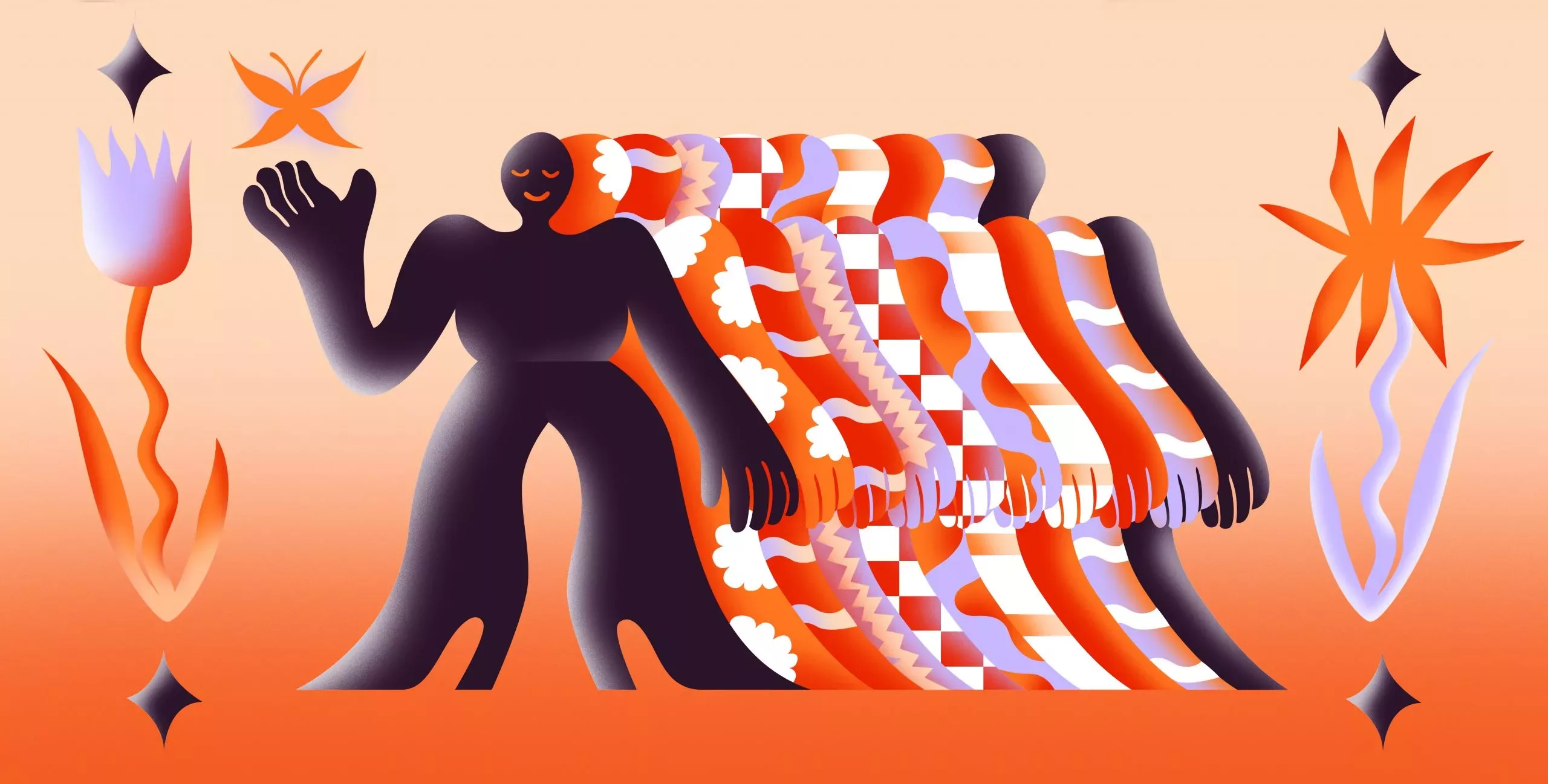
A Stroll in the Minds and Hearts of Two Non-Binary People
Blake, Mathieu, and I occasionally wear dresses. However, out of the three of us, I’m the only one who has never shocked anyone with that kind of outfit or whose closet, which contains dresses and tights among pairs of jeans and hoodies, has never aroused any questions. Blake and Mathieu identify as non-binary. Due to the pandemic, we get together on Google Meet during lunch to talk about coming out, sexuality, and their way of living non-binarity on a daily basis.
“The day I realized that I didn’t have to identify as a man or as a woman, I understood that no matter how I felt, I would always remain the same person: ‘me’.” – Blake
Mandatory passage: coming out
October 16th, 2020 was an extraordinary day for Blake: they came out on Facebook. In their short post, Blake unveiled their new name, which they consider “unisex”, and the post quickly generated hundreds of reactions. Chantal Montpetit, educational advisor for the Department of Communication at the Université de Sherbrooke, used this opportunity to share the link that would allow them (and anyone else reading!) to change their name on their student ID card and in the university system.
Mathieu, on the other hand, who still bears the name given to them at birth, first came out almost five years ago. Since then, however, their name and physical appearance have continued to make people assume (incorrectly) their gender. Mathieu, therefore, often has to do what they describe as repeated “mini coming outs”.
“Most of the time, I do it with a dash of humor. If someone repeatedly refers to me as “he”, it’s my thing to send them a meme to let them know I’m non-binary.” – Mathieu
For Mathieu, non-binarity is far from being a clear-cut and stable experience; it’s different every day. Today, Mathieu identifies as non-binary and queer, but recognizes that their life experiences and socialisation as a boy have shaped them into a person who has developed a lot of behaviours and reflexes that are often attributed to men and masculinity.
“When I feel less confident, I tend to take refuge in attributes that are considered more masculine. I have a beard for a reason: it comes with a lot of privilege.” – Mathieu
As for Blake, they explain they’re trans and non-binary due to the fact that they don’t necessarily identify with the gender (male) assigned to them at birth nor do they completely recognize themselves in femininity.
“My body and I have learned to coexist. Today, I no longer want to have a beard and I would like to have breasts. As for the rest, I question myself every day.” – Blake
How do they experience their sexuality?
Blake identifies as bisexual because they are attracted to women and men, and haven’t had any sexual experiences with people who identify as neither or as both. For Blake, the idea of having sex with cisgender men and women who embody stereotypical male and female attributes has long been a way of maintaining a form of normality during the ebb and flow of their inner self. Today, Blake says they’re open to the idea of having sexual experiences with people who, like them, are not cisgender.
“If there’s one sphere in my life where my gender doesn’t matter, it’s in my sexuality. My body is influenced by my identity, yes, but my sexual attractions or the way I experience my sexuality don’t really change.” – Blake
As for Mathieu, even though they have only been in relationships with cisgender women, they say they are pansexual and very open to the idea of meeting people who are not cisgender. What Mathieu and Blake both agree on is the idea that it’s important to separate a person from their sexuality.
What about dating?
Blake and Mathieu both have a Tinder account. This popular dating app allows its users to use – even create – any gender label they want on their profile. However, Tinder’s algorithm isn’t perfect in that it displays these people’s profiles to users who may not be open to meeting someone who isn’t cisgender. Consequently, Blake has lost count of the number of times they have received messages from people telling them that they don’t understand their gender. Mathieu has even received messages from people accusing him of impersonating a woman. Note, however, that if these messages ended up in Blake’s and Mathieu’s inboxes, it’s because the ones who wrote them swiped right.
But let’s not throw the baby out with the bathwater: both Blake and Mathieu insist that the app has also allowed them to have great discussions and pleasant dates with several people.
Seek questions, not answers
“A gender identity is like anything else: it’s okay to make a decision and later go back on it without it being a huge deal. Switching boxes seems like such a big step, and it is, because there’s a lot of pressure that comes with that, but you also have to leave room for evolution, exploration, and making mistakes.” – Mathieu
Our conversation, which quickly exceeded the hour we had originally scheduled, ended with neither an answer nor a certainty, but a doorway. Together, we deconstructed the idea that gender identity, like sexual orientation, is something you lock up in a little box. The proverbial box is never closed, really. It’s wide open, its lid lost somewhere out there.
“Non-binarity, for me, is a bit like a superpower that constantly allows us to reevaluate ourselves, which is one way of becoming a better person. Definitive answers don’t really matter. The important thing is that we keep questioning ourselves.” – Blake
Blake, Mathieu, and I all occasionally wear dresses. I don’t share their superpower and I’m not a member of the marginalized community to which they belong, but I do feel honored to have spent this early November afternoon in their company. While they graciously allowed me to unselfconsciously eat my lunch in their face, I eagerly listened to them with an open and curious mind. Their candid conversation and willingness afforded me the privilege of exploring a world I had little familiarity with, and I must say, I fully appreciated just how beautiful the stroll was through their minds and hearts.
-
Dickey, Lore M., Stephanie L. Budge, Sabra L. Katz-Wise, et Michael V. Garza. 2016. Health disparities in the transgender community: Exploring differences in insurance coverages. Psychology of Sexual Orientation and Gender Diversity 3 (3), 275–282.
Éducaloi (2020) La loi, vos droits – Transition de genre : faire changer ses documents officiels. Récupéré sur https://educaloi.qc.ca/capsules/transition-de-genre-faire-changer-ses-documents-officiels/
Interligne (s.d.) Interligne – Foire aux questions. Récupéré de https://interligne.co/foire-aux-questions/
Rogers, B. A. (2019). “Contrary to All the Other Shit I’ve Said”: Trans Men Passing in the South. Qualitative Sociology, 42(4), 639-662.
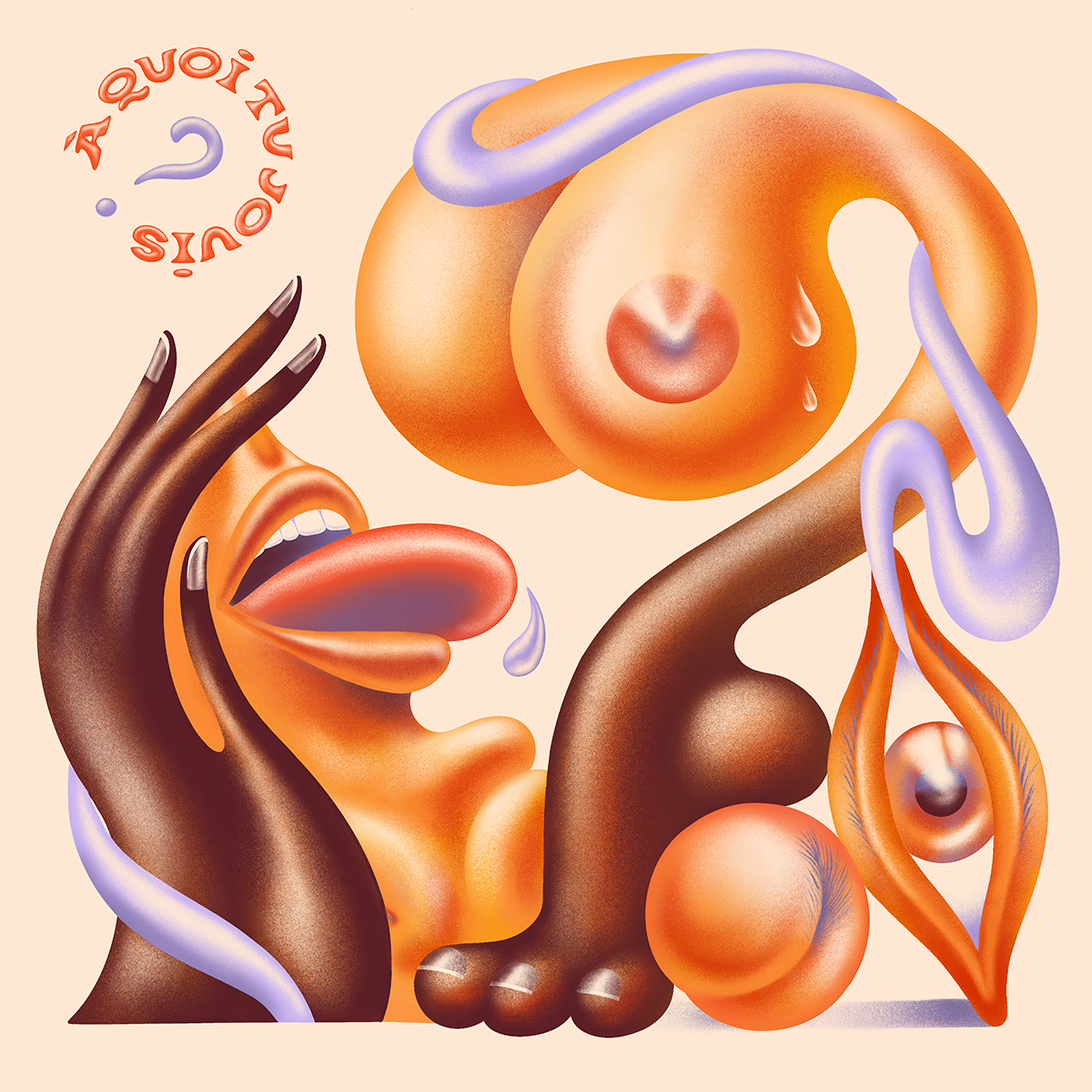
If this article resonates with you, there’s an episode of our podcast, À quoi tu jouis?, devoted entirely to coming out (available in French only).
